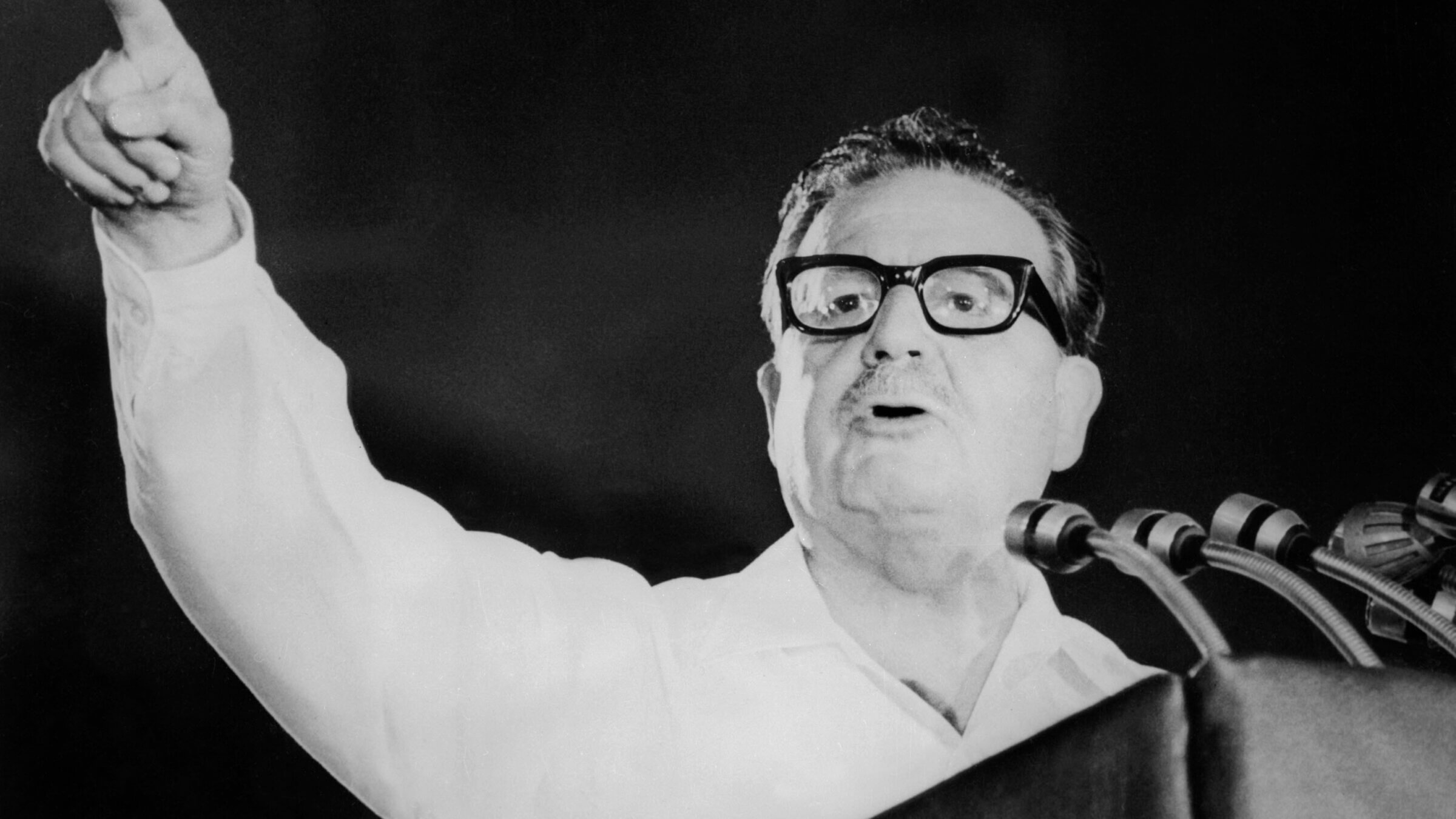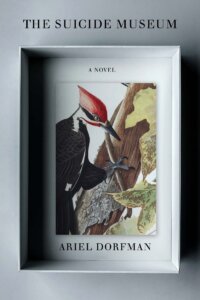A Jewish writer confronts the other 9/11, and urges us to never forget it
Ariel Dorfman’s ‘Suicide Museum’ investigates the day in 1973 when Chilean president Salvador Allende died during a bloody coup

Salvador Allende died in his presidential palace Sep. 11, 1973. Photo by Getty Images
The Suicide Museum
By Ariel Dorfman
Other Press, 688 pp, $21.99
In Ariel Dorfman’s chilling account, Patricio Guijón, a physician present during the storming of Chile’s presidential palace, calls Sept. 11 “the most dramatic day in Chilean history.” For South Americans, it is a day that will live in infamy not because the World Trade Center and the Pentagon were attacked on 9/11/2001, but because on Sept. 11, 1973, President Salvador Allende, a champion of social justice adored by the working classes, died during a bloody coup led by Gen. Augusto Pinochet. Most North Americans are unaware of this other 9/11, despite active support by the United States government of the military takeover.
Dorfman’s life, which might have ended on that fateful day, has been profoundly shaped by it. In his 1999 memoir Heading South, Looking North, he recounts how, serving as a cultural advisor to Allende, he would have been in La Moneda, the presidential palace, at the moment it was attacked had he not traded shifts with a colleague. A target nevertheless of the Pinochet régime, he took refuge in the Argentine embassy and eventually made his way to exile in North Carolina. The Suicide Museum is another attempt by Dorfman to tell this story, in a tantalizingly ambiguous fiction.

He begins with a coy disclaimer: “All the characters in this book are fictitious, including those who, like the author and his family and friends, are taken from real life and exist historically.” A character named Ariel Dorfman is the narrator, and the events he recounts 30 years earlier might actually have occurred, or not. He explains: “A novelist dealing with a real person from the past must be ready to betray that person, to lie in order to tell a deeper truth.” The deeper truths that the novel attempts to explore involve not only what really happened on Sept. 11, 1973, but also the plasticity of memory, the effectiveness of violent resistance, the haziness of national identity, the ethics of a noble lie, and the reason to live.
In 1990, when reclusive billionaire Joseph Horvath makes him an offer, Dorfman, strapped for cash, does not refuse. For $100,000 plus expenses, he agrees to investigate and solve the great remaining mystery of Chile’s Sept. 11: How exactly did Allende die? The Pinochet government, which, in 1990, was being replaced after the election of reformist President Patricio Aylwin, portrayed Allende’s demise as a cowardly suicide. Allendistas, however, insisted that he died heroically, in fierce combat with his assailants.
Dorfman learns that Horvath intends to install an exhibit on Allende as the culmination of a grandiose Suicide Museum he is constructing. Having made his fortune in plastics, Horvath, a Holocaust survivor whose mother died at Treblinka, now feels responsible for environmental devastation. He envisions his museum as an elaborate argument against self-destruction, both of the individual and the human species. Dorfman calls it “this colossal, cockeyed enterprise,” and, though Horvath and his scheme are what set the plot in motion, they seem the flimsiest elements in the fiction.
Dorfman returns to Chile to interview a wide range of people — supporters and opponents — about Allende. He is also present for the ceremonial reinterment of Allende’s remains by hypocrites who opposed him in life. Although they contradict each other, the most gripping passages in the novel are vivid accounts by eyewitnesses to the president’s final moments. Dorfman’s pretext for interrogating people is that he seeks background material for a novel about a serial killer loose in the Argentine embassy housing refugees from the Pinochet coup. That novel morphs into Death and the Maiden, a play about a former political prisoner who takes her tormentor captive. It is in fact Dorfman’s most famous work.

The grandson of Jewish immigrants to Argentina, Dorfman moved as a child from Buenos Aires to New York to Santiago and now puzzles over questions of nationality. “You’re a bridge, Ariel,” says Horvath. “That’s what life dealt you, to be someone who can join two separate countries and continents, experiences and languages and cultures, explain one to the other, and that’s what you did during your years of exile.” And that’s what, writing in English, Dorfman does in this richly layered inquest into Sept. 11, 1973, when, he is convinced, his life was spared so that he might tell the story.
Whether or not Allende died by suicide, his daughter Beatriz and his sister Laura certainly did. So did Horvath’s wife and many other characters referred to throughout this sprawling, ambitious book. Albert Camus famously wrote: “There is but one truly serious philosophical problem, and that is suicide.” The option of suicide forces us to ask: Why live? More compellingly than Horvath’s extravagant gimmick, Dorfman answers with life-affirming artistry.
















